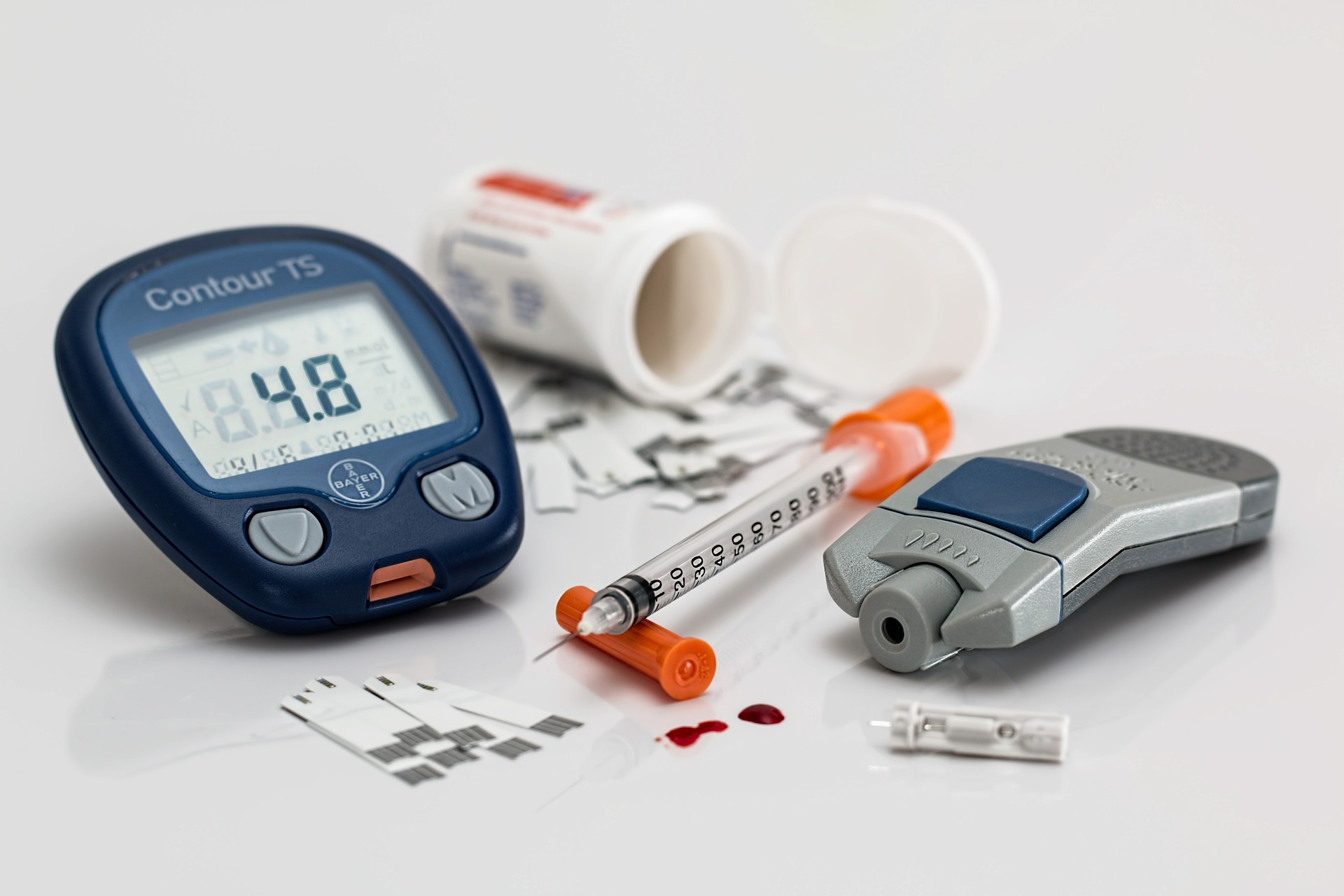
MAY, 2019
High blood sugar levels associated with diabetes causes damage to the blood vessels in the retina (the part of your eyes that is sensitive to light).
At first, this may cause no symptoms or only mild vision problems, but as the disease progresses this can lead to blindness if undiagnosed and left untreated.
In this article, Gurjeet Jutley explains who is at risk of developing diabetic retinopathy, how to spot the symptoms, how you can prevent developing the disease and finally how diabetic retinopathy can be treated.
What causes diabetic retinopathy?
To reiterate, diabetic retinopathy is caused by too much sugar in your bloodstream. This can block the blood vessels which lead to your retina (the light-receiving part of your eye) and prevent it from receiving the blood flow it needs.
To reiterate, diabetic retinopathy is caused by too much sugar in your bloodstream. This can block the blood vessels which lead to your retina (the light-receiving part of your eye) and prevent it from receiving the blood flow it needs.
This causes your body to generate new blood vessels in order to maintain blood flow to the retina and preserve your eyesight. The problem is, these often don’t develop properly and can often leak, causing further problems.
Eye doctors divide diabetic retinopathy into two types:
● Early diabetic retinopathy
● Early diabetic retinopathy
Also known as nonproliferative diabetic retinopathy (NPDR). This is the stage when your blood vessels aren’t working properly, nor are they growing new blood vessels.
You might suffer from tiny protruding bulges inside the blood vessels which can leak fluid and blood into your retina, or irregularly shaped blood vessels. NPDR can range from mild to severe and can cause the nerve fibres in the retina or the retina itself as well.
For more advice, please contact Gurjeet Jutley on 07568 512719
This is such an informative post. Keep it up and keep the audience updated with eyecare and healthcare tips. People, if you are having an eye problem, then must visit an eye specialist Near Lincoln Square
ReplyDelete